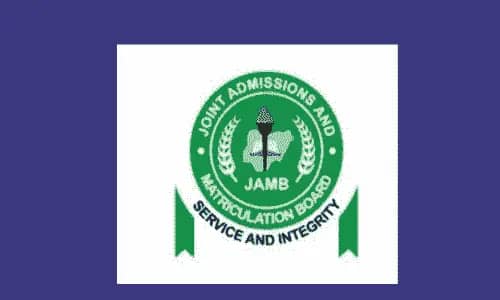The Joint Admissions and Matriculation Board (JAMB) exam is a pivotal test for students who want to secure admission into tertiary institutions in Nigeria.
Agricultural Science is a significant component of this examination, contributing a substantial portion to the total score.
To pass or have good grades, candidates must prepare strategically and focus on important areas of the syllabus.
This article gives you insights on JAMB Areas of Concentration for Agricultural Science to help candidates understand the important topics to study.
The information shared in this article is not only for first-time candidates but also for those who have taken the exam several times without passing. Maximize the information in this article and increase your chances of getting a high score in Jamb.
Areas of Concentration for JAMB Agricultural Science
SECTION A: General Agriculture
– Definition and Scope of Agriculture
– Relevance of Agriculture to Society
– Agricultural Ecology and the Environment
– Basics of Agricultural Genetics
– Farm Inputs and Their Uses
– Evolution of Agricultural Practices in West Africa
– Contributions of Government and NGOs to Agricultural Growth
SECTION B: Agronomy
– Soil Formation and Types of Rocks
– Soil Water and Techniques for Soil Conservation
– Principles of Soil Fertility
– Land Preparation and Tillage Systems
– Understanding Plant Forms, Functions, and Growth Processes
– Plant Propagation Techniques
– Cropping Systems and Plant Densities
– Crop Management and Husbandry Practices
– Pasture and Forage Management
– Floriculture Basics
– Weed Identification and Management
– Crop Diseases and Their Control
– Pests Affecting Crops and Methods of Control
– Forest Management and Silviculture
SECTION C: Animal Production
– Identification and Classification of Farm Animals in West Africa
– Common Terminologies in Animal Husbandry
– Anatomy and Physiology of Farm Animals
– Reproductive Processes in Farm Animals
– Animal Nutrition Essentials
– Livestock Management Practices
– Animal Health and Disease Prevention
– Fisheries and Wildlife Conservation
– Basics of Bee-keeping (Apiculture)
SECTION D: Agricultural Economics and Extension
– Factors Influencing Agricultural Production
– Introduction to Basic Economic Principles in Agriculture
– Labour Management in Agriculture
– Farm Management Strategies
– Marketing Techniques for Agricultural Produce
– Role of Agricultural Extension Services
SECTION E: Agricultural Technology
– Farm Surveying and Planning Techniques
– Common Simple Farm Tools
– Uses of Farm Machinery and Implements
– Mechanization and Farm Power Sources
– Agricultural Processing and Storage Methods
– Overview of Biotechnology in Agriculture
– Applications of ICT in Agricultural Practices
– Basics of Agricultural Research and Data Analysis.
FAQs
How many subjects are compulsory in JAMB?
Every subject is compulsory depending on the course, but English Language is the only compulsory subject for all subjects.
What is the JAMB score for Agricultural Science?
The JAMB for Agricultural Science is 180.
Areas of concentration for other subjects
JAMB Areas of Concentration for Biology 2025/2026
JAMB Areas of Concentration for Geography 2025/2026
JAMB Areas of Concentration for Government 2025/2026
JAMB Areas of Concentration for Hausa 2025/2026
JAMB Area of Concentration for Physics (2025/2026)
Bottom Line
To pass Agricultural Science in JAMB, you must use the JAMB Areas of Concentration for Agricultural Science to prepare yourself. If you focus on the topics, you will master the necessary knowledge, improve your confidence, and increase your chances of passing the exam. Success depends on diligent preparation, so begin your studies early and use this guide to structure your revision effectively.
